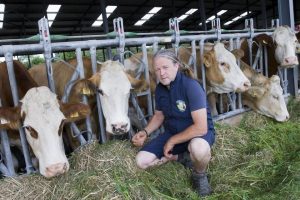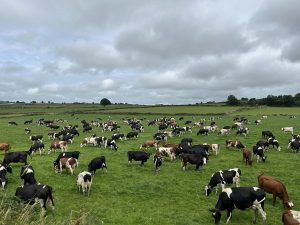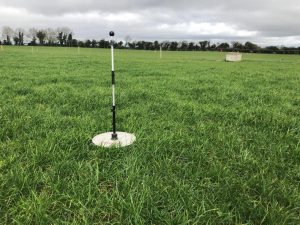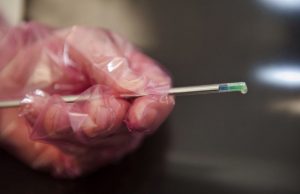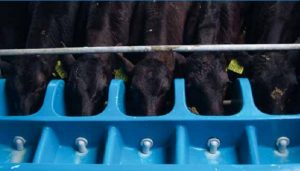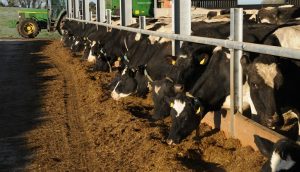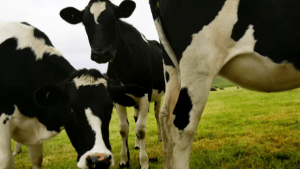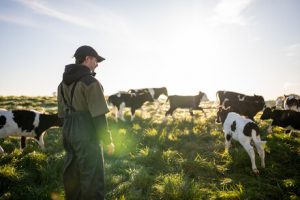
Data from the Irish Cattle Breeding Federation (ICBF) shows year-on-year growth in the number of herds completing a recording.
It offers many benefits to dairy farmers, including:
- Preventing the spread of contagious mastitis;
- Detecting new infections quickly;
- Identifying the most efficient cows for breeding; and
- It can be used to evaluate the dry period.
It also helps to improve milk quality being sold from farms and reduce overall herd somatic cell count (SCC).
Milk recording
Although it has many benefits, there is still a number of farmers that do not carry out milk recording.
Some common reasons for not recording cows are that it’s too expensive and comes with an increased workload.
Animal Health Ireland (AHI), in conjunction with Teagasc, has completed some research which highlights the economic benefits of milk recording.
The research used a representative sample of 516 dairy farmers, looked at the years 2008 to 2019 and used yearly information from the Teagasc National Farm Survey.
According to AHI, the analysis shows that the economic benefits of milk recording outweigh the costs, by helping farmers to breed and manage healthier and more productive cows.
On average, when farm performance was compared between farmers who milk record (about 45% of the sample) and those who do not (55%):
- Gross margin/cow was €39 larger;
- Milk yield/cow was 178L higher;
- Milk solids/cow were 29kg higher;
- Herd SCC/ml of milk was 13,000cells/ml lower.
SDCT
Another area where milk-recording data is going to be very important is selective dry cow therapy (SDCT).
For the first time this year, many farmers will be using SDCT on cows in their herds, with its usage going to increase over the coming years.
Under new regulations, data will be required to show that an antibiotic is needed to treat cows at drying-off and without milk recording data, this is impossible.
Some leeway may be given to farmers this year, but that will not be the case in 2023.





